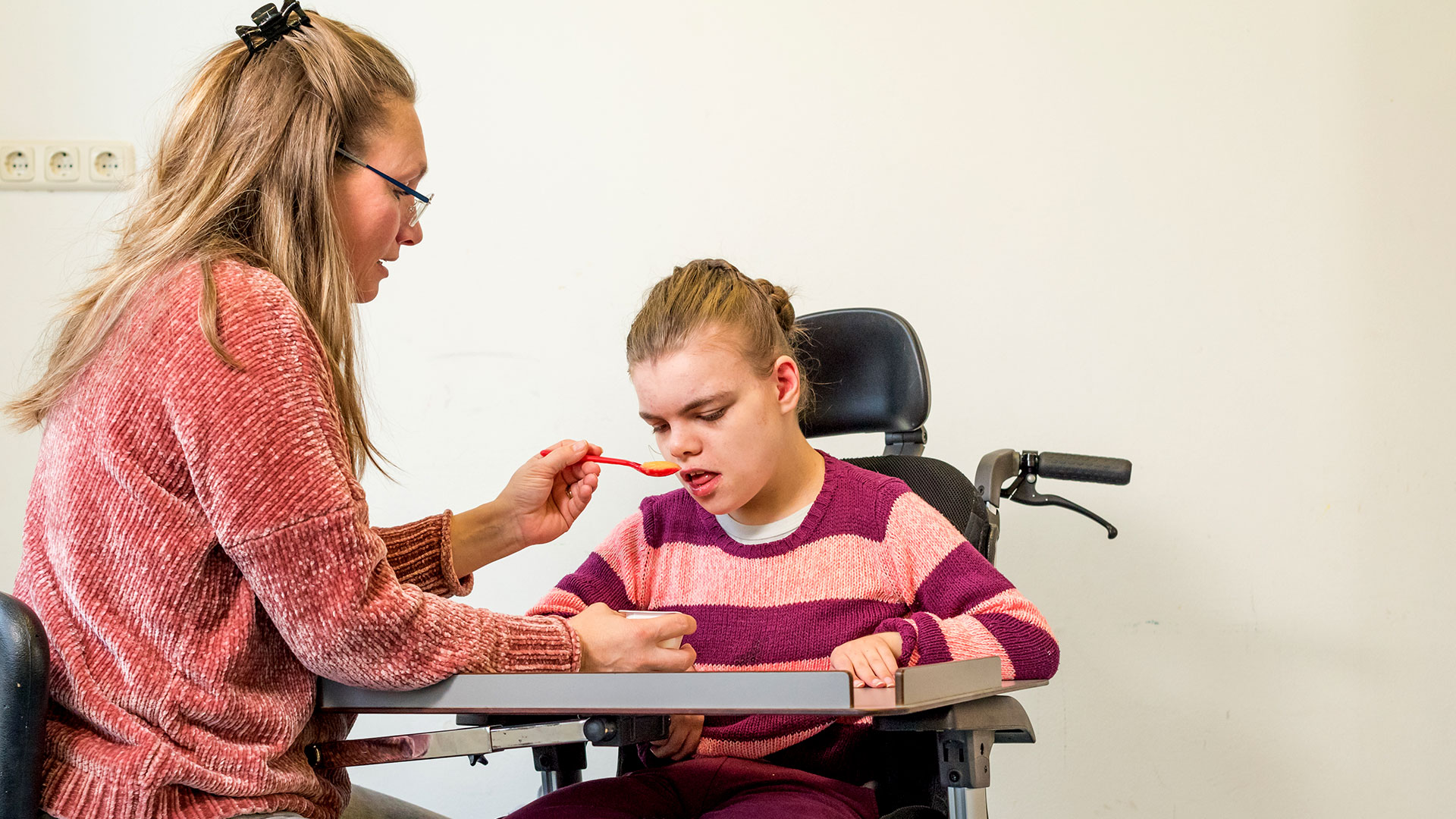The National Disability Insurance Scheme (NDIS) is an initiative from the Australian Government to address disabilities, including people with intellectual, physical, sensory and psycho-social disabilities.
Across all states and territories of Australia, the program is gradually being introduced.
What does the National Disability Insurance Scheme (NDIS) do?
National Disability Insurance Scheme (NDIS) provides financial support for people with a significant disability.
It provides a safety net to support people with disabilities and gives people a say in how their disability is managed. If a person is born with or acquires a permanent and significant disability, they most likely get the needed support with the help of the NDIS.
The NDIS is a social insurance scheme, not a welfare system. It intends to help people get the support they need to improve their skills and independence over time. With the help of the NDIS, participants will have more control over when and where their supports are provided.
Who is eligible for the National Disability Insurance Scheme (NDIS)?

If you think you are eligible for NDIS, the first thing you have to do is check out the NDIS Access checklist. According to the official website, to fit into NDIS eligible criteria, an individual must:
- Be of aged between 7 and 65
- Live in Australia and have an Australian residency. This includes: Australian citizens, Permanent Visa holders and Protected Special Category Visa holders, are eligible for NDIS.
- Need support from a person because of a permanent and significant disability.
- Use special equipment because of a significant and permanent disability.
- Require some support to reduce your future needs.
You can check your eligibility for NDIS. The NDIA will consider a person’s age and residence requirements when deciding whether or not to enrol them. The NDIA (National Disability Insurance Agency) will consider the disability or early intervention requirements if both the age and residence requirements meet.
What does the NDIS pay for?
The NDIS will not fund some support according to the Act and the Rules made under it.
Along with the support provided by family, friends community and government services, your funding is based on what is reasonable and necessary to pursue your goals.
Three different support budgets can be added to your plan.
Core supports the budget
Four categories of support are included in your Core budget, making it the most flexible one.
- Consumables
- Daily Activities (e.g. assistance with self-care activities during the day or evening)
- Assistance with Social and Community Participation (e.g. supports to enable you to engage in social or recreational activities)
- Transport (e.g. if you are unable to use public transport because of your disability).
Capacity Building Budget
The goals in your plan are matched with the funding for the eight support categories. It won’t be possible to move funding from one category to another if you choose to spend the funds on individual support within its category.
The Capacity Building support categories include:
- Choice and Control, e.g. training in planning and plan management
- Daily Activity, e.g. therapy aimed at building your capacity to participate
- Employment, e.g. employment-related assessment and counselling
- Health and Well-being, e.g. exercise advice, is required because of the impact of disability.
- Home Living, e.g. supports to obtain/retain appropriate accommodation.
- Lifelong Learning, e.g. assistance moving from school to further education.
- Relationships, e.g. positive behavioural support strategies to reduce behaviours of concern
- Social and Community Participation, e.g., individual life skills development and training, including public transport training and support, developing community, social, and recreational participation skills.
The budget for Capacity Building includes support coordination. This amount strengthens participants’ ability to coordinate and implement support in their plans and participate more fully in the community.
Capital Support budget
Depending on quotes from suppliers, the Capital Support budget depends on supports such as assistive technology. Therefore, the funds in this budget can only be used for their purpose and cannot be used to fund other items.
The capital support budget includes two support categories:
- Assistive Technology – includes equipment items for mobility, personal care, communication and recreational inclusion (e.g. wheelchairs or vehicle modifications)
- Home Modifications (e.g. rail in the bathroom).
What disabilities does the NDIS cover?
The NDIS has changed dramatically since it was formed. As a result, the eligibility and requirements can be challenging to understand for those seeking its services. Disabilities that affect the individual’s physical, intellectual, cognitive, sensory, neurological, social, and psychological functioning are covered by the National Disability Insurance Scheme.
To be able to participate in the National Disability Insurance Program, a participant needs to meet one of the following conditions:
- Intellectual disability
- Autism
- Cerebral palsy
- Genetic conditions
- Spinal cord injury or brain injury
- Permanent blindness
- Permanent bilateral hearing loss
- Deaf blindness
- Amputation
More details are at this Supports funded by the NDIS.
Are NDIS and NDIA the same?

The National Disability Insurance Scheme is also referred to as the NDIS. It is a system of support for people with disability. Through the provision of individualised funding, NDIS focuses on giving people genuine choice and flexibility.
The National Disability Insurance Agency (NDIA) is a government agency responsible for implementing and managing the National Disability Insurance Program.
The functions of the NDIA are:
- Delivering the NDIS
- Reporting and managing the financial viability of the NDIS.
- Promoting and developing the disability sector.
- Promoting community awareness of disabilities and the social contributors to them.
- Collecting and exchanging data about disabilities and the support for people with disability.
- Supporting people with disabilities and the social contributors to disabilities are some of the topics being researched.
Reach your goals – Explore our top-rated NDIS services and transform your life today!


